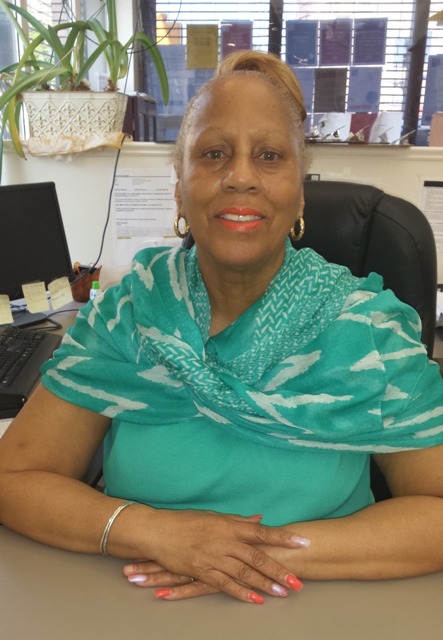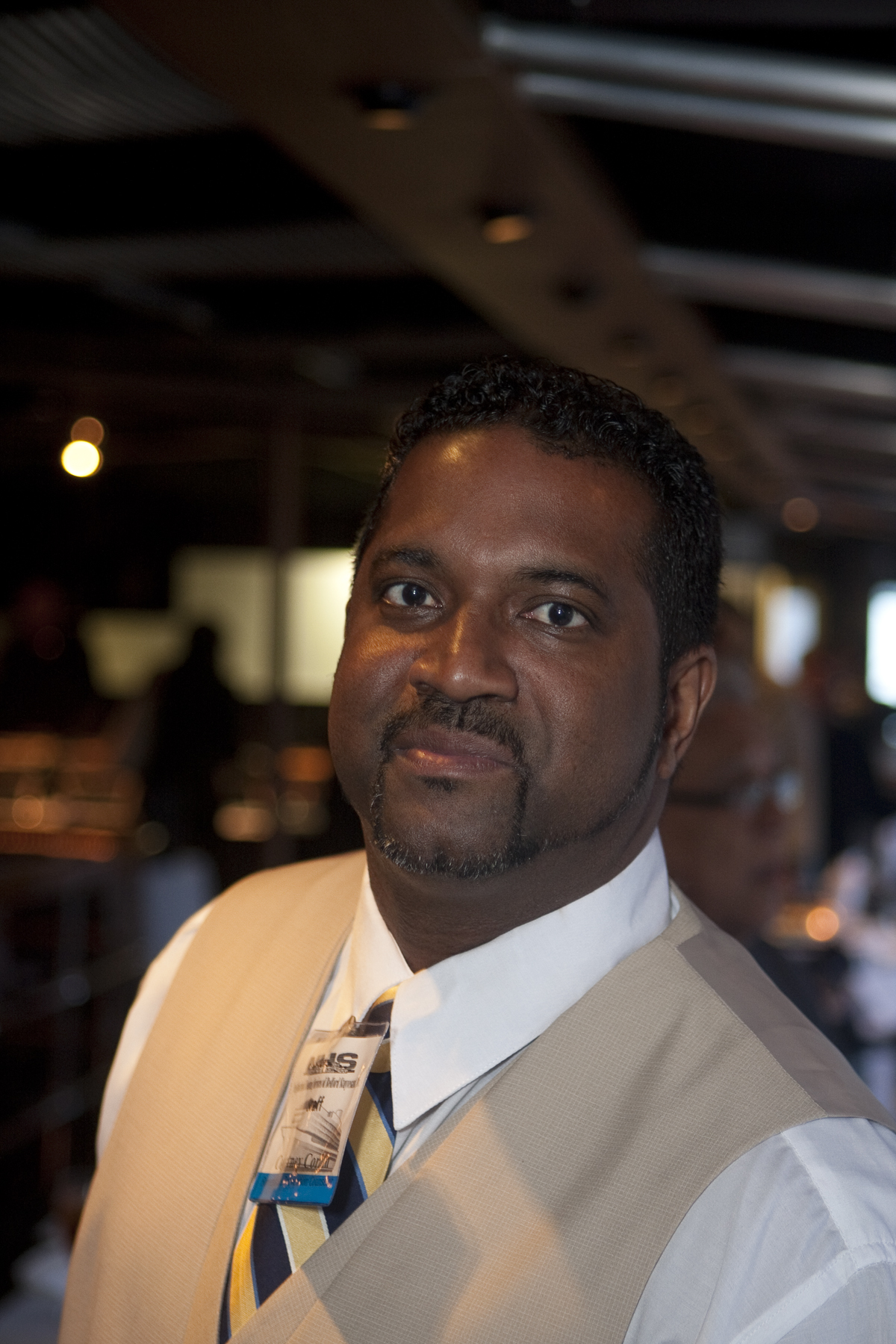Over the past three years, the Center has partnered with the Seth Sprague Foundation to connect new housing counselors with mentors, certified counselors with extensive experience in foreclosure prevention. The mentorship program, which includes shadowing, collaboration, and ongoing discussion, is a valuable experience for everyone involved, and, in particular, the clients, who receive high quality assistance from counselors invested in their future.
Recently, Robert Beach, Community Development Officer of Local Initiatives Support Corporation (LISC) and an advocate for capacity-building, sat down for two separate chats with Bonita Dowling, a housing counselor at Pratt Area Community Council (PACC), and her apprentice, Courtney Corbin of Neighborhood Housing Services of Bedford-Stuyvesant, about their experiences with the mentoring program. Below are excerpts from their conversations.
Bonita has been with PACC for a decade, and previously worked in the banking industry for 25 years.

Rob: What was your reaction when you were first approached to become a mentor?
Bonita: I felt honored to be considered! When the Center asked me if I was interested in the program, I said yes without hesitation. I know there is value in face-to-face networking, since I always learn something new from talking to my peers at meetings and trainings. I think it is a good idea for new counselors to gain additional knowledge and share ideas with people from different offices, as we all do things a bit differently. This program enables newcomers, and even experienced folks like me, to get a different type of insight.
Rob: Can you tell me about your time being paired with Courtney?
Bonita: We already knew each other from past Center meetings and trainings, so we became closer friends. Courtney and I are very similar in that we empathize with our clients. Based on my experience, I know that many of our clients need more than just their mortgages fixed. They need a “mental hug” and to walk out with resources and knowledge to deal with all their issues holistically, even if we can’t help them with everything. I stressed this to Courtney and shared my resources with him. I also shared with him our organization’s focus on placing the onus on the client to enlighten and empower them, and Courtney shared with me his organization’s method of obtaining a snapshot first before we meet with a client in order to be more time-efficient.
Rob: How would you describe your mentoring style?
Bonita: With an apprentice, the first thing I do is to listen to them to see what they do, instead of telling them what I do. Once I find out the apprentice’s methods, strengths, and weaknesses, then we can expand on it and have a more focused session. With their permission, Courtney interviewed several clients, and it was great to have a different set of eyes on them. After the interviews, we would discuss our different perspectives and collaborate on creating the next steps for the client.
Rob: Were there any major challenges for participating in this program?
Bonita: Time. As housing counselors, we wear numerous hats and we’re always busy. But if both counselors are able and willing to make the time, there’s a huge benefit to be gained with this mentor-apprentice, face-to-face interaction. Even though Courtney was busy in his office, he made his schedule work to gain the most out of this program. We both learned so much from each other.
Courtney had been counseling for less than a year when he participated as an apprentice. In February, he was profiled in HUD’s national newsletter, The Bridge, as a champion of service.

Courtney: I think the mentoring program is a great tool for our new foreclosure counselors. When I got into the mentoring program, I had been counseling for some time, but my background was not foreclosure prevention. I am a strong advocate of this program. It helped me with time management, how I deal with clients, and how to be more effective with getting a positive result with a homeowner.
Rob: I’m glad to hear it! What were some of the benefits you gained from being an apprentice?
Courtney: Bonita taught me so much about the different preferences of mortgage servicers and what they were looking for in a modification application. It was very beneficial to have someone monitor the way I interact with clients and suggest how I can improve my technique. Last year, I modified more than 80 loans using the techniques I learned from Bonita and the mentoring program, as well as other resources provided by the Center and the rest of the network.
Rob: What was it like working with Bonita?
Courtney: It was exciting to shadow Bonita! She was professional in her job, with her clients, with her confidentiality, and her background knowledge was immense. I took everything I learned, translated it, and now it’s working for me. I still have notes from Bonita hanging over my computer that I use for my everyday tasks and I’ve added the resources she gave me to the list I give to my clients.
Rob: It sounds like overall you had a positive experience with this program.
Courtney: Yes! It would be great if the mentoring program could expand to all new counselors so they can learn from an experienced mentor. It would help them in the long run.
This year, the mentoring program consists of ten mentors and apprentices.
If you are one of the Center’s Network Partners and are interested in learning more, or would like to participate in the mentoring program, please contact Courina Yulisa at courina.yulisa@cnycn.org.



